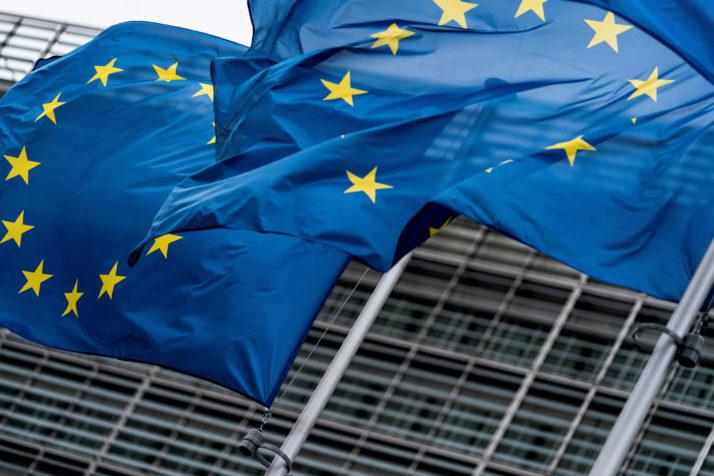
EU leaders to raise alarm on eastern 'destabilisation'
09-12-2021 13:16:50 Politic
EU leaders and five neighbours aim to raise alarm on "continuous destabilisation" in eastern Europe at a summit in Brussels next Wednesday (15 December).
"We remain deeply concerned about the continuous destabilisation and violations of the principles of international law in many parts of the EaP [Eastern Partnership] region including the Black Sea area," they plan to say, according to a draft summit communiqué dated 7 December and seen by EUobserver.
They also planned to "call for renewed efforts to promote the peaceful settlement of unresolved conflicts" and "adherence to the principle of non-use of force," the draft said.
The alarm comes after Russia recently surged forces near Ukraine's borders and amped up aggressive rhetoric.
It also comes after Azerbaijan reconquered the Nagorno-Karabakh region from Armenia by war last year.
EU leaders regularly meet with Armenian, Azerbaijani, Georgian, Moldovan, and Ukrainian ones in efforts to build closer ties with their "eastern partners".
Belarus used to send ministers.
But it walked out of the group in June and began trafficking migrants from the Middle East to EU borders in what Europe has called "hybrid warfare", further heightening tension in the region.
And the EU27+5 pledged to jointly tackle "irregular migration, including the use of migrants for political purposes", their draft statement noted.
The joint communiqué was to "acknowledge the European aspirations", of Georgia, Moldova, and Ukraine, which want to join the EU.
Leaders also planned to "reaffirm the sovereign right of each partner to choose the level of ambition ... to which it aspires in its relations with the European Union", after years of Russian efforts to stymie closer ties between the EU and the former Soviet republics.
Amid the hard-power threats to regional stability, the summit was to underline the EU's soft-power role.
The EU has never promised to take in Georgia, Moldova, or Ukraine the way it promised enlargement to Western Balkan states.
But it has put in place "deep" free-trade accords and visa-free travel with all three.
"Opening of visa-liberalisation dialogues could be considered with Armenia and Azerbaijan" in future, the draft summit conclusions noted.
They welcomed "mutual recognition of the Covid-19 digital certificates in place for Armenia, Georgia, the Republic of Moldova and Ukraine, and soon for Azerbaijan, allowing for safer and easier travel to and from the EU".
And they spoke of a possible "a common international [phone] roaming space", helping people to stay in touch across borders without paying high prices.
"We stress that this is a constructive partnership, which is not directed against anyone," the draft statement said.
Meanwhile, Azerbaijan as well as Belarus has long stood out in the EU's eastern club for its authoritarian regime.
But despite previous empty promises, Azerbaijan's president Ilham Aliyev was to be "bound by our joint determination to further strengthen democracy and the rule of law in our societies", according to the draft statement he planned to sign.
He was also to help "eradicate hate speech and revanchist sentiments, promote and mainstream gender equality, [and] protect human rights", the declaration said.
/EUobserver



